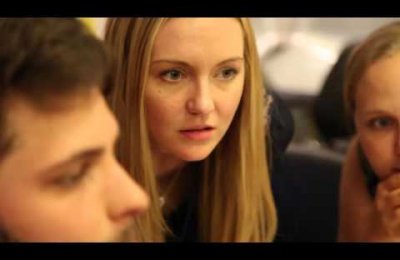USC Annenberg professor, and co-director of the Media, Economics and Entrepreneurship (M{2e}) program, Gabriel Kahn was recently published in The Wall Street Journal. The article, entitled “What College Will Be Like in 2023,” imagines how technology will affect higher education over the next 10 years. Kahn predicts that college education will undergo four major changes by this time. The first, Kahn writes, will occur in the classroom. Online classes will become more prevalent as professors utilize digital platforms to “teach” classes. Kahn predicts that the same digital platforms which currently make massive open online courses (MOOCS) possible will in the future allow professor to collect data about students, such as how long they're spending on homework. In 2023, the need for a uniform start and end date in education will also diminish with the increased prevalence of technology. Kahn envisions a future in which students might finish a bachelor's degree in as little as two years, which could make education less expensive for individual students, and more profitable for universities.
Speaking of universities, Kahn's article also predicts that online learning will allow for students to take lectures taught by professors they'd probably never otherwise have the opportunity to meet, who teach at school's they'd never otherwise have the opportunity to attend. This will, in a essence, even the playing field for students by allowing equal access to materials. By this time, materials will also probably no longer include 10-pound textbooks, and books will instead become “interactive digital content that include text, videos and simulations,” Kahn writes.
This will allow for a more streamlined and social learning experience, as students can engage with classmates or students at other schools as they work through the materials. Still, predicts Kahn, there will be a few downsides to this model of education. For example, he writes, intellectual property may become a contentious issue as schools open up their teaching material beyond just their own physical classrooms. And, perhaps most importantly, the cost of education is unlikely to change anytime soon, even with the technological advances Kahn foresees. This is mostly due to the fact that administrative costs for nonacademic costs will likely go up for many universities in the next 10 years.
Kahn, who also serves as director of the Future of Journalism project at the Annenberg Innovation Lab, previously worked for The Wall Street Journal for 10 years. Kahn currently is a Professor of Professional Practice at USC Annenberg and has worked to include in the curriculum more opportunities for students to understand economics and entrepreneurship.








